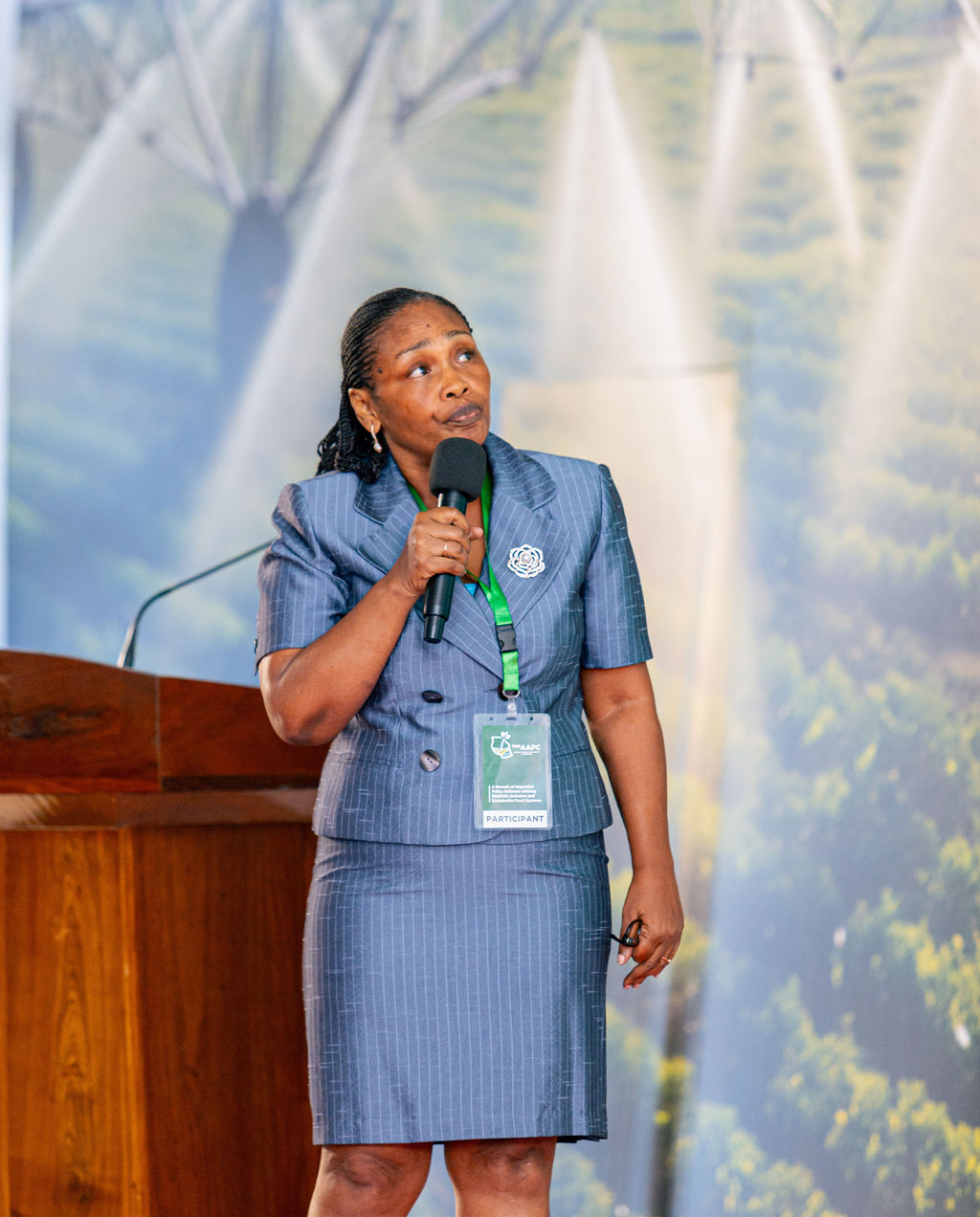Introduction: Over the past decade, the Annual Agricultural Policy Conference (AAPC) has emerged as a pivotal platform in shaping Tanzania’s agricultural landscape. Organized by the Policy Analysis Group (PAG) in collaboration with the Ministry of Agriculture, the AAPC has consistently fostered dialogue between public and private sectors, driving critical policy reforms that have significantly transformed the agricultural sector. As we reflect on the progress made from the 1st to the 10th AAPC, we must harness these insights to strengthen Tanzania’s agricultural policy framework further, ensuring resilience, inclusivity, and sustainability.
Key Achievements and Strategic Shifts:
- Transformation of the Policy Environment:
- The AAPC has been instrumental in advocating for and achieving substantial policy reforms. These include reducing levies, relaxing trade restrictions, and introducing incentives that have improved the business environment for private sector investment in agriculture. These reforms have boosted productivity and enhanced the overall competitiveness of Tanzania’s agricultural sector.
- Integration with National and Regional Agendas:
- The AAPC has strategically aligned its themes with national priorities such as the Agricultural Sector Development Programme (ASDP) and the Comprehensive Africa Agriculture Development Programme (CAADP). This alignment has ensured that the policy recommendations emerging from the conference are well-integrated into broader economic and development strategies, enhancing their impact and sustainability.
- Promotion of Inclusive Growth:
- Recognizing the critical role of women and youth in agriculture, the AAPC has consistently highlighted the need for policies that promote inclusivity. The 10th AAPC, for instance, focused on driving consumer demand for crops like pigeon peas, which offer both nutritional and economic benefits, particularly for vulnerable groups. By fostering inclusive growth, these initiatives contribute to poverty reduction and improved livelihoods across the country.
Policy Recommendations:
- Strengthening Public-Private Partnerships:
- Deepening public-private partnerships is crucial to sustaining the momentum of agricultural transformation. The private sector should be actively engaged in the policy-making process, ensuring that its insights and innovations are incorporated into national strategies. Collaborative platforms like the AAPC should be leveraged to foster continuous dialogue and co-creation of solutions that address sectoral challenges.
- Enhancing Value Chain Competitiveness:
- The next phase of policy reforms should focus on enhancing the competitiveness of Tanzania’s agricultural value chains. This includes investing in infrastructure, technology, and capacity building to support value addition and access to regional and international markets. By doing so, Tanzania can maximize the economic potential of its agricultural exports, particularly non-traditional crops like horticulture and sesame.
- Promoting Resilience through Climate-Smart Agriculture:
- As climate change continues to pose a significant threat to agriculture, there is an urgent need to scale up climate-smart practices. Policies should prioritize adopting technologies such as mobile irrigation systems, highlighted in the 10th AAPC, to enhance water use efficiency and resilience against climate variability. Moreover, the integration of climate considerations into all agricultural policies will ensure that Tanzania’s food systems remain sustainable and productive in the long term.
- Scaling Success Stories Nationwide:
- The success stories emerging from initiatives like the Southern Agricultural Growth Corridor of Tanzania (SAGCOT) should be scaled up across the country. These models of agricultural transformation, driven by a combination of public investment and private sector engagement, offer valuable lessons that can be replicated to accelerate growth in other regions.
Conclusion: The AAPC’s first decade has laid a strong foundation for agricultural transformation in Tanzania. However, to build on this progress, both the public and private sectors must commit to a shared vision of resilience, inclusivity, and sustainability. By continuing to leverage platforms like the AAPC for policy dialogue and action, Tanzania can secure a prosperous future for its agricultural sector, ensuring food security and economic prosperity for all its citizens.
This policy brief serves as a call to action for stakeholders across the agricultural value chain to collaboratively address the challenges and seize the opportunities that lie ahead. The lessons learned from a decade of AAPC discussions and reforms should inform the next generation of policies that will drive Tanzania’s agricultural sector forward.
Sources:
- AMDT (2024). Annual Agricultural Policy Conference Overview.
- Kilimo Kwanza (2024). A Decade of Agricultural Policy Reforms in Tanzania.
- Aspires (2023). History and Impact of the Annual Agricultural Policy Conference.
